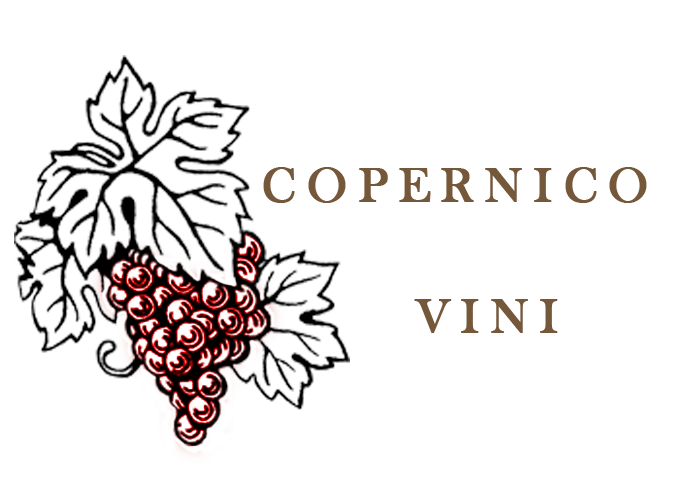How To Live With An Active or Recovering Alcoholic
People new to recovery can find themselves approaching their new diet, exercise program, job, and even participation in support groups with a compulsion that echoes addiction. A therapist can help you learn new coping skills, develop new thinking patterns, and address any co-occurring mental health conditions that may make recovery more difficult. Now that you are sober, you may have discovered that some of your past relationships were not only unhealthy but downright toxic. It’s not just your drinking buddies and drug dealers who can get you into trouble—sometimes those who are closest to you can contribute to a relapse.

As a result, she tells us that she gave up everything she loved for alcohol. The relapse does not mean that your loved one has failed to overcome their addiction. If a relapse can be contained and limited to one mistake, most alcoholics in recovery can continue to work towards complete sobriety and healing. Addiction is often referred to as a disease that affects the entire family. The addict is rarely the only person who is affected by their addictions. Not only is the family affected, but their involvement in the healing process is also crucial for a successful recovery from addiction.
The Romanticization of Alcohol in American Media
Addiction and alcoholism are family diseases because they affect the entire family, not just the person who is engaging in addictive behaviors. Family members tend to adopt unhealthy roles within the family dynamic to help themselves cope with the stress of living with an alcoholic. Many people enjoy an occasional drink and are able to stop drinking alcohol without any problems.
Children may no longer be able to rely on the adult with AUD, which can place undue pressures on them. They might also be at risk for other forms of physical and emotional violence. Intoxication can also present other unpredictable events, including physical dangers. When under the influence, your loved one may become angry and lash out. They likely don’t even realize they’re behaving this way, and they may not remember once the effects of the alcohol wear off. Someone with AUD may also become angry or irritable when they don’t have access to alcohol because they’re experiencing withdrawal.
Alcohol Recovery
Alcoholics tend to wander into trouble because of their addiction. This behavior typically manifests as financial turmoil, absence from work, being physically aggressive with people, domestic abuse, and even criminal activities. This under-functioning then puts a further strain on people Living with an alcoholic or their partner to pick up the slack. This means people living with an alcoholic, partners https://trading-market.org/addiction-recovery-seven-great-art-project-ideas/ of alcoholics, and their kids are at an increased risk of seeing or being the victims of violent crimes, such as battery and assault. In that case, they might be dangerous in your relationship through different means, like using up their spare time at pubs, often absconding from work, or exceeding the limit on credit cards. Alcoholism isn’t synonymous with having and enjoying one bottle of beer.
At this stage, the focus will shift from alcoholism to other, more important underlying issues, such as low self-esteem, trauma, feelings of guilt or shame, and relationship problems. A very high rate of alcohol abuse occurs among people who have survived sexual or physical abuse. As a trained professional helps one work to resolve the internalized pain of the past, they will become able to start handling conflict without the destructive effect of alcohol.
How Do You Recover From Alcoholism?
Following the initial treatment phase, alcoholics are encouraged to continue their participation in therapy and support groups. This helps them manage their urges to drink, as well as any problems that trigger the urges. Recovery from alcohol addiction is continuous and so it’s important to attend alcohol recovery groups such as AA in order to always hold yourself accountable. When a person begins recovering from alcoholism, they start a journey through six specific stages of alcohol recovery as they learn to lead a life without alcohol. Deciding to quit drinking is not easy, but with a firm resolve and adequate social and emotional support, the chances of a positive outcome are much higher.
Whether you’re married to an addict in recovery or dealing with a teen trying to beat addiction, it’s essential to show your support. If you live with someone–a parent, sibling, partner, or other family member–in recovery, it’s important to give your support while also taking time to care for yourself in this situation. Do your best to understand that they’re dealing with an illness. It’s natural to want someone you care about to stop drinking so heavily.
This process can be physically and emotionally uncomfortable and is best managed with medical supervision. Withdrawal symptoms can range from mild to severe and may include anxiety, depression, irritability, and sleep disturbances. Providing emotional support for a recovering addict is not always easy, but with patience, understanding, and love, you can help someone overcome addiction and live a happy, healthy life. As a group, they are able to speak about painful emotions and underlying issues in s safe, guided environment.
- Supporting a recovering alcoholic, especially one who has been a raging alcoholic, can be a challenging yet profoundly meaningful journey.
- In that case, they might be dangerous in your relationship through different means, like using up their spare time at pubs, often absconding from work, or exceeding the limit on credit cards.
- You should aim for a balanced, nutritious diet that contains vegetables, fruits, and whole grains.
- Avoid forcing treatment at all costs as they work when a person wants to of on their own accord.
Our rehab facility provides outpatient treatment services in San Diego. By working together, we can help your loved one prevent relapse and regain control over their life. Dr. Beth Dunlap, a board-certified addiction medicine and family medicine physician, and is the medical director at Northern Illinois Recovery Center. She is responsible 12 Sample Farewell Letters Format, Examples and How To Write? for overseeing all the integrated medical services at both campuses. Beth completed medical school, residency, and fellowship at Northwestern University, where she continues to serve on the faculty as a member of the Department of Family and Community Medicine. During the recovery stage, it’s not uncommon to feel temporarily worse.


 English
English